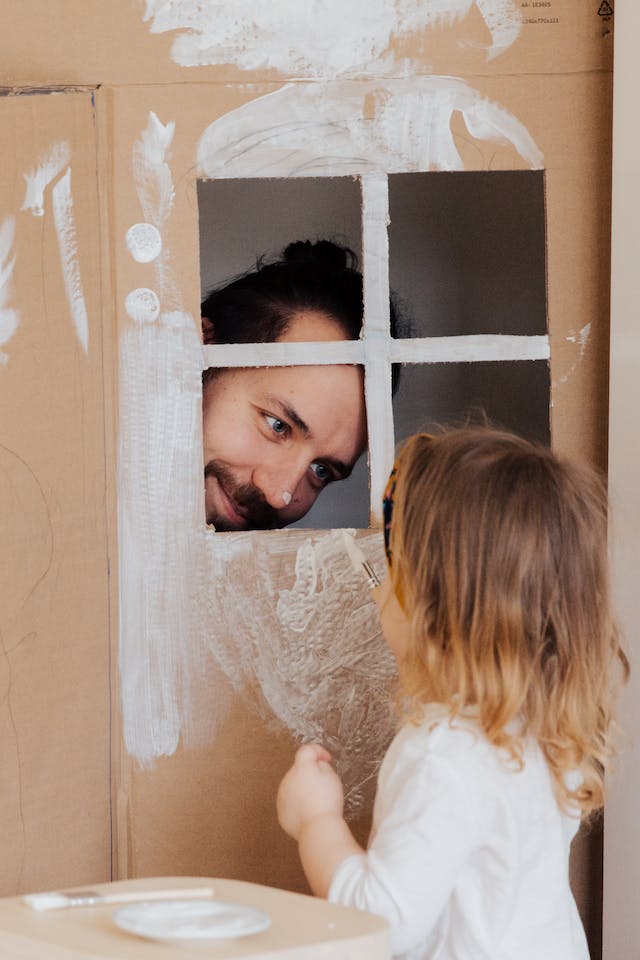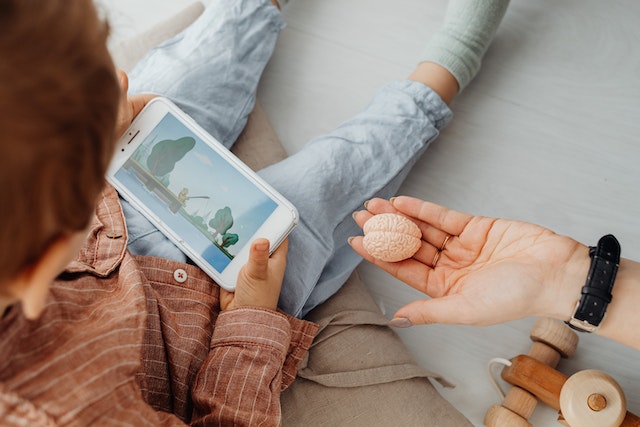The parent-child relationship is a crucial aspect of a child’s development.
It is the foundation of their emotional and social growth, and it sets the tone for their future relationships.
A strong bond between a parent and child can foster a child’s confidence, resilience, and sense of security.
In this article, we will discuss the importance of parent-child relationships and how to strengthen them.
Importance of Parent-Child Relationships
The parent-child relationship is one of the most important relationships a child will have in their lifetime.
This relationship influences their development in many ways, including their social, emotional, and cognitive development.
Here are some of the reasons why parent-child relationships are so important:
Attachment:
Attachment is the emotional bond that forms between a child and their primary caregiver.
A secure attachment is important because it helps children feel safe and secure.
Children with a secure attachment are more likely to explore their environment, develop healthy relationships, and have a positive self-image.
Trust:
When children have a strong relationship with their parents, they learn to trust others.
This trust can help them develop healthy relationships with their peers, teachers, and other adults in their lives.
Emotional regulation:
Parents play a critical role in helping children regulate their emotions.
When parents respond to their child’s emotions in a supportive and validating way, children learn
to manage their emotions and express themselves in a healthy way.
Resilience:
A strong parent-child relationship can help children develop resilience.
When children feel supported and loved, they are better equipped to handle challenges and bounce back from setbacks.
How to Strengthen Parent-Child Relationships
Here are some ways to strengthen the parent-child relationship:
Spend quality time together:
Spending time together is one of the best ways to build a strong bond with your child.
This can include playing games, reading together, or simply having a conversation.
Listen actively:
When your child talks to you, listen actively.
This means paying attention to what they are saying, asking questions, and responding in a supportive way.
Be present:
When you are with your child, be fully present.
Put away your phone, turn off the TV, and give your child your undivided attention.
Show affection:
Physical touch is an important part of building a strong bond with your child.
Hugs, kisses, and other forms of affection can help your child feel loved and secure.
Be consistent:
Consistency is important in building trust with your child. Be consistent in your expectations, routines, and discipline.
Offer validation:
When your child expresses their emotions, validate their feelings.
Let them know that it’s okay to feel the way they do and that you are there to support them.
Practice positive discipline:
Positive discipline focuses on teaching children appropriate behavior rather than punishing them for misbehavior.
This can help build a positive relationship between you and your child.
In conclusion,
The parent-child relationship is a critical aspect of a child’s development.
A strong bond between a parent and child can foster a child’s confidence, resilience, and sense of security.
By spending quality time together, listening actively, being present,showing affection, being consistent, offering validation, and practicing positive discipline, parents can strengthen their relationship with their child and set them up for a healthy future.
![]()










